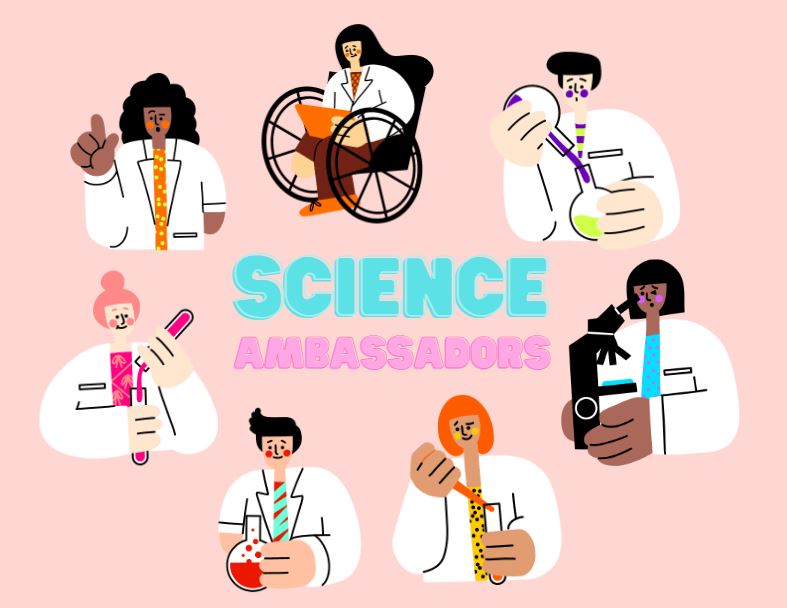Science

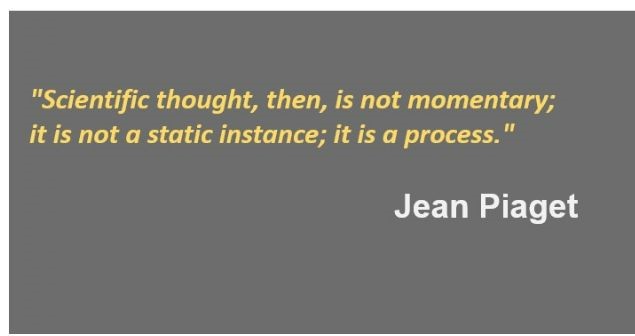
Hillcrest's 5 Principles for Science
At Hillcrest, each subject team has created 5 key principles, outlining what makes up quality teaching in each subject:
|
|
|
|
|
|
|
|
|
Click on the INTENT, IMPLEMENTATION and IMPACT bars below to discover why and how we teach Science.
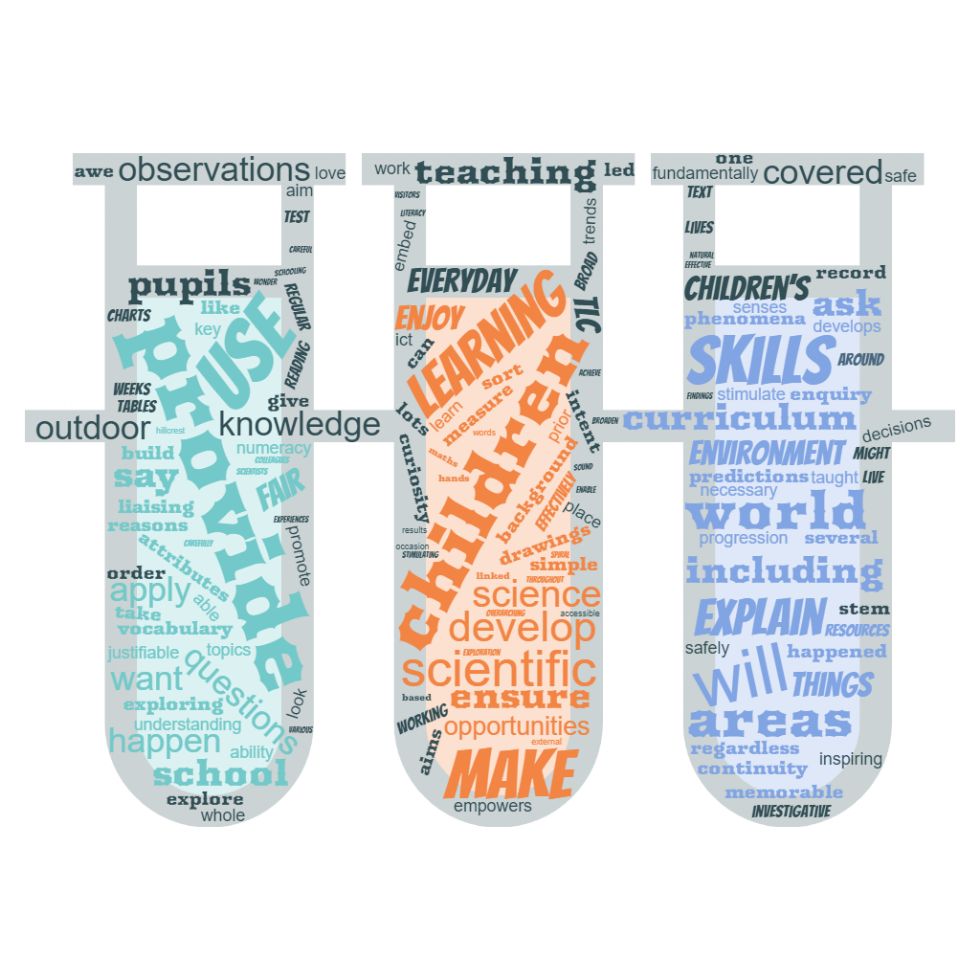
INTENT Statement for Science
At Hillcrest, we want the children to be scientists. Science should stimulate children’s curiosity about our world; inspiring the awe and wonder of exploring natural phenomena and why and how things happen. We aim to provide a broad, scientific curriculum that develops scientific vocabulary and empowers children to ask scientific questions – this will enable children to make careful observations and decisions based on justifiable reasons.
We ensure various, memorable experiences take place to broaden the children’s knowledge such as whole school STEM weeks, external visitors, and outdoor learning opportunities. All learning is accessible for all children regardless of their ability or background.
Regular scientific teaching is linked our Text Led Curriculum (TLC). Fundamentally, we want children to enjoy learning all areas of science. Through our spiral curriculum, we ensure topics will be covered on more than one occasion throughout the pupils’ schooling, to embed their knowledge. In teaching science there are several key skills and attributes, including reading and maths, that we will develop.
The overarching intent for science in our school is to ensure that pupils:
-
Develop a love of science learning
-
Develop sound scientific knowledge and understanding
-
Develop scientific enquiry skills
-
Ask questions about the world they live in and make simple predictions about what might happen if...
-
Look carefully at the world around them and use their 5 senses to say what it is like
-
Be able to use observations to sort and measure things record their findings in drawings, charts, words and tables
-
Explain how to make their test fair and explain why it is fair
-
Say what happened and explain trends in their results
-
Have an everyday working knowledge of science so they can apply it to their everyday lives
-
Make use of ICT, Literacy and Numeracy skills
-
Work safely
-
Build on prior learning
In order to achieve these aims we will:
-
Provide a stimulating environment, including the use of outdoor areas, to promote effective learning in science
-
Ensure continuity and progression in science by liaising with colleagues on areas covered
-
Give children lots of opportunities to develop and apply investigative skills
-
Provide necessary resources for the children to be taught effectively
-
Provide a safe environment in which to explore Science
-
Use the TLC curriculum to provide opportunities for children to learn hands on and enjoy learning through exploration.
IMPLEMENTATION Statement for Science
The science curriculum is linked to the TLC and where possible, science should be in line with the termly texts. We use a variety of teaching and learning styles in science lessons such as research, investigation, critical thinking, exploration, collaborative work, and individual work. We aim to start science lessons with an AFL task to ascertain every pupil’s starting point, address misconceptions and maximise every child’s full learning potential.
We share the learning intention, which is skills based with the pupils by stating it clearly at the beginning of each lesson. Our main intent is to develop children’s scientific skills, knowledge and understanding through challenging, motivating activities that extend the pupils’ learning. This can be through whole class teaching, small group work, paired work, or independent learning. Where possible we will aim to take science lesson outdoors and use the environment to stimulate learning.
In the Early Years Foundation Stage, we teach science through the EYFS Early Learning Goals: The Natural World. The emphasis is on practical sessions, exploring the outdoor environment. Children explore the natural world around them, making observations and drawing pictures of animals and plants. They are encouraged to now some of the similarities and differences between the natural world around them and contrasting environments; drawing on their experiences and what has been read in class. This creates the foundations for children to begin to understand some important processes and changes in the natural world around them, including the seasons and changing states of matter which can be further built upon in Key Stage 1.
In KS1 and KS2, science is a core subject in the National Curriculum and the national scheme of work for science is used as the basis for planning alongside the curriculum rich, high quality, TLC text. The national curriculum provides the foundations for understanding the world through the scientific disciplines of biology, chemistry, and physics. There are four areas of learning in the programme of study for each year in Key Stage 1, and five areas of learning each year in lower and upper Key Stage 2. In addition to these knowledge-based areas of learning, practical scientific methods are also taught. These skills are detailed through the ‘Working Scientifically’ part of the programme of study, and are not taught as a separate strand.
Different ways of working scientifically will include:
-
Observing over time
-
Identifying and classifying
-
Pattern seeking
-
Research using secondary sources
-
Fair testing
The planning is monitored by the Science subject leaders to ensure curriculum coverage and an emphasis on practical exploration and investigation.
We use Planit Matrices and ASE exemplification documents to inform our planning and incorporate the TAPS assessment focused tasks into our planned assessments. These ensure progression of the working scientifically skills from EYFS to Year 6.
To further enhance the science experience at Hillcrest and provide pupils with opportunities for deep, critical thinking, exploration, experiential learning, and to be creative and curious we plan termly whole school science/STEM weeks with a focus on questioning and working scientifically.
IMPACT Statement for Science
At Hillcrest, science is taught effectively to all children to allow them to be curious, creative, confident, and coordinated, aspiring scientists who are able to communicate using scientifically rich vocabulary. Children progress over time and achieve age related expectations before they leave Hillcrest School. Children remember science lessons at Hillcrest and cherish their memories and experiences.
We provide children with the foundations for exploring and understanding the world: empowering them to change lives for a better future.
Within each of our Key Stage 1 and 2 classes, you will find pupils who have been selected to be our Science Ambassadors! These pupils have shown themselves to be dedicated scientists. They inspire their classmates and proudly wear their white lab coats during Science lessons!
Explore the blue banners below to find out more about what specific themes we teach in Science and how these themes are revisited, recalled and expanded upon as the children journey through the school.

Year Group Overviews for Science
COMING SOON
Progression for Science
COMING SOON
Learning Journey for Science
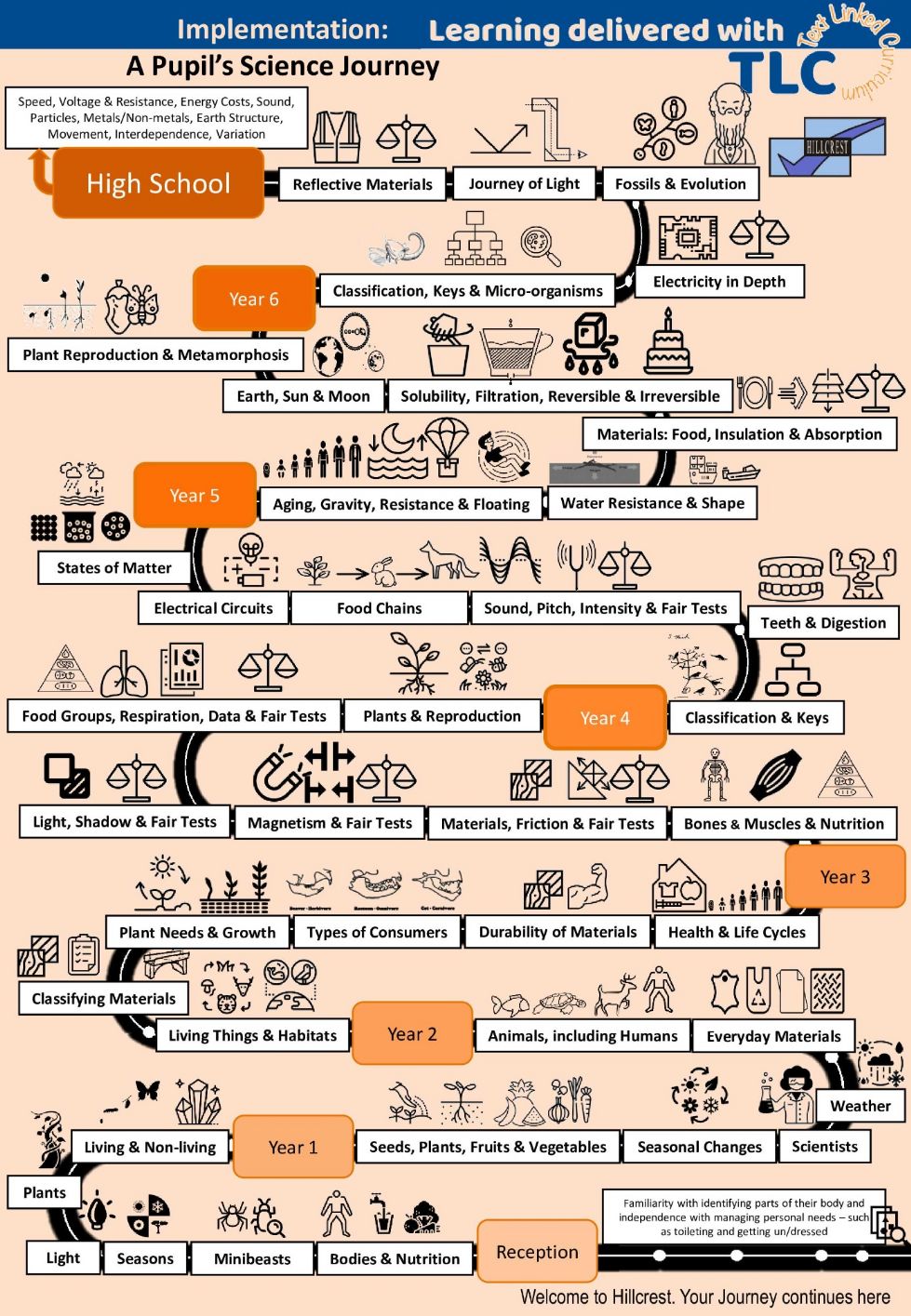
In both of our buildings, we pose scientific questions to our pupils for them to ponder and offer their thoughts via sticky notes. These "What if....." boards are a firm favourite, enabling our pupils to extend their logic, reasoning and scientific thinking skills!
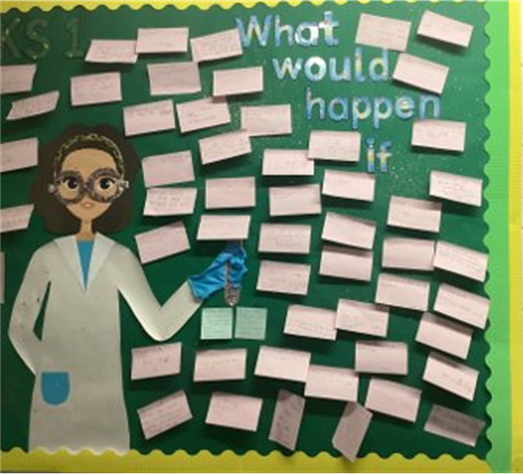 KS1 "What if....." board
KS1 "What if....." board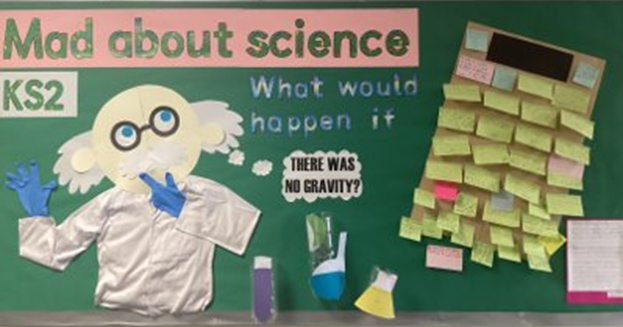 KS2 "What if....." board
KS2 "What if....." board






